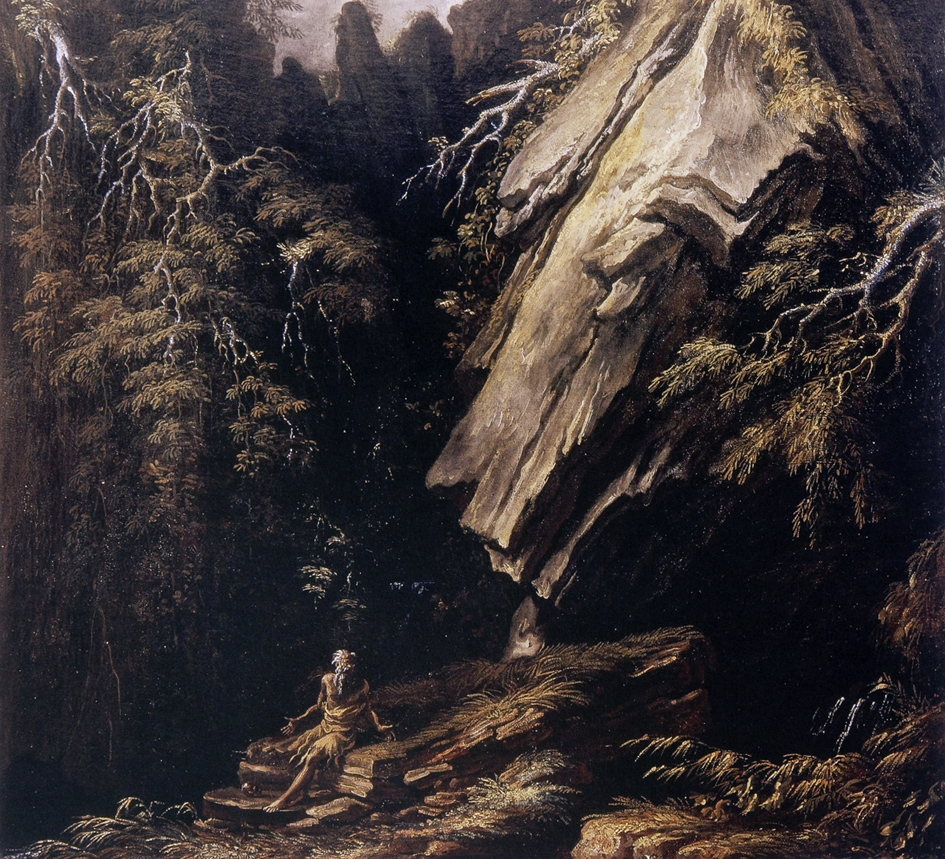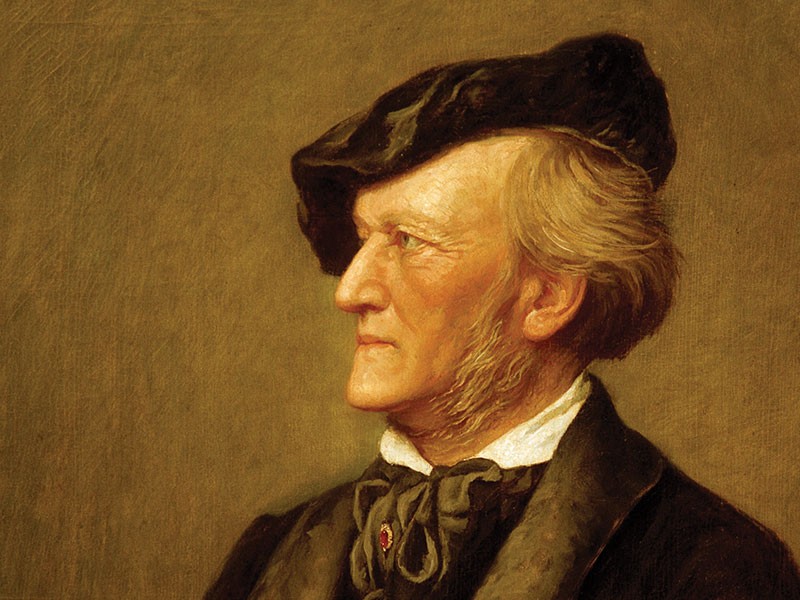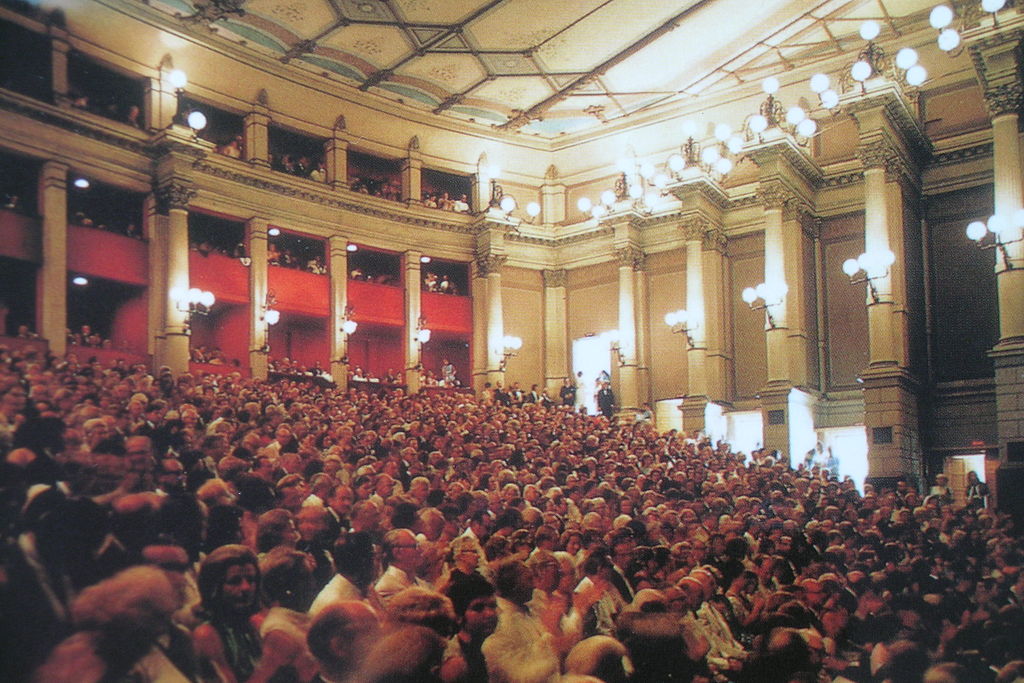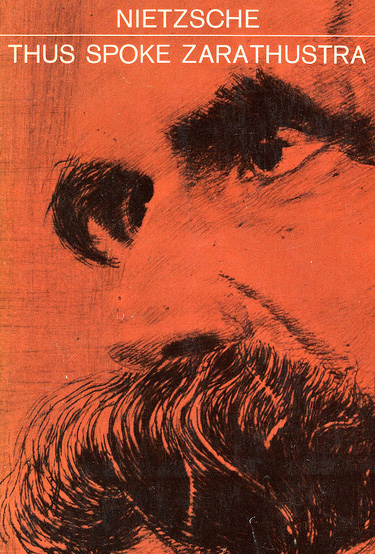Below, my comments of the ten threads about Nietzsche’s
prologue to Thus Spoke Zarathustra in a single entry:
1
Visitors will be surprised to learn that a Spanish edition has more detailed endnotes than the academic English translation of Nietzsche’s magnum opus.
This is because Spaniards are fed up of Catholicism. North Americans have a few centuries experimenting with Christianity. Spain has more than a millennium and a half, and our parents’ religion is on its last dying breaths there.
Andrés Sánchez-Pascual’s scholarly translation of Nietzsche’s books since the early 1970s became so popular that over the decades he has received hundreds of letters from his Spanish-speaking readers. The book’s edition of Así Habló Zaratustra that I purchased this month for example (I lost the old copies that I used to read sporadically in the 1970s and 80s) is its twentieth edition.
So fed up of Catholicism are Spain’s thinking classes that, again, the copies I bought of Karlheinz Deschner’s Kriminalgeschichte des Christentums which introduction appears in my compilation The Fair Race’s Darkest Hour, were translated to Spanish for an audience unexpectedly avid of this sort of extraordinarily scholarly material (Deschner’s maximum opus has yet to be translated to English).
Another example. Manu Rodríguez, who has had a place of high honor in this site and in The Fair Race, is also an avid reader of Sánchez-Pascual’s translations of Nietzsche. Thanks to his revaluation of Christian values, Rodríguez overcame his original prejudice against National Socialism in his later posts of La Respuesta de Europa. With the exception of non-Christian geniuses like Revilo Oliver and William Pierce, I have not seen such a metamorphosis of the mind in most of the English-speaking racialists.
2
“Could it be possible! This old saint in his woods has not yet heard the news that God is dead!”
This is one of the most quoted passages of Nietzsche’s literature. I abandoned theism long ago. Presently I don’t believe in the existence of a personal god, let alone in the existence of the Jewish god (which would be absolutely dead in the heart of any fanatic of the 14 words if the white nationalist “movement” was not all bluff). That doesn’t mean that I’m an atheist, as Hegel and other philosophers of Classic German Idealism developed a new understanding of God: panentheistic views that I am not prepared to dismiss.
The theological issues of Zarathustra’s encounter with the old hermit aside, I’d rather say something about the soliloquy in the previous post of this fictional character, something related to the very meaning of this blogsite.
The darkest hour is just before the dawn. In the endnotes about the opening soliloquy in Nietzsche’s book, Andrés Sánchez-Pascual interpreted the term Untergehen as follows: “By sinking into his decline, like the sun, Zarathustra moves to the other side. ‘Passing to the other side’ means surpassing oneself and becoming the Overman.”
This is what nationalists have failed to do, and was the message of the last pages of my compilation The Fair Race’s Darkest Hour: white nationalism as a stepping stone at the middle of a river, not as the promised land itself which is beyond the rapid waters.
That was my metaphor.
As to Nietzsche’s metaphor, we could say that today’s whites, including Christian and libertarian white nationalists, have yet to “sink themselves into their sunsets.” Some force may be with them but they’re not overmen yet; they have not surpassed themselves as Hitler’s SS men did (always keep in mind my “Where are the Syssitias?”).
The purpose of this blogsite is to prepare a few metamorphosing men, those in the process of “passing to the other side” (Übergang) from the soul’s darkest night into the coming dawn of the fair race.
3
I don’t claim to have reread the Zarathustra since my adolescent infatuation with Nietzsche. But these are surely the words that made a very powerful impression in my mind since my first reading:
“I teach you the Overman. Human being is something that must be overcome. What have you done to overcome him?
What is the ape to a human? A laughing stock or a painful embarrassment. And that is precisely what the human shall be to the Overman: a laughing stock or a painful embarrassment.
You have made your way from worm to human, and much in you is still worm. Once you were apes, and even now a human is still more ape than any ape.
Behold, I teach you the Overman!
The Overman is the meaning of the earth. Let your will say: the Overman shall be the meaning of the earth!”
The passage “…and you want to be the ebb of this great flood and would even rather go back to animals than overcome humans?” nails perfectly contemporary whites.
This is exactly what they are doing to themselves—white nationalists included, so reluctant to fight (or preparing to fight by saving precious metals before the dollar crashes). As Jack Frost has asked the clueless, feminized males of The Occidental Observer more than once, “Where’s the resistance?” to the anti-white, exterminationist System. Where are the cells for would-be soldiers that treasure William Pierce’s three books as their New Tablets?
I see none of it. And many Jew-wise nationalists are themselves etnosuicidal because they simply ignore that Christianity inverted healthy values—negative values that they themselves subscribe! Cowardice similar to this in the 19th century explains why Nietzsche’s Zarathustra gives the biblical verse an antithetical sense from the original.
4
Now Zarathustra looked at the people and he was amazed. Then he spoke thus: “Mankind is a rope fastened between animal and Overman – a rope over an abyss. What is great about human beings is that they are a bridge and not a purpose: what is lovable about human beings is that they are a crossing over and a going under.”
Again, this brings in mind my metaphor of the bridge. This is what I wrote in the final essay of The Fair Race: “White nationalism is only a stone at the middle of the rapid-flowing waters of a dangerous river; a stepping stone that can help us in our endeavor to jump to the other side. I myself used that stone during my crossing from Christianity and Liberalism to National Socialism. In fact, I could even write such a spiritual odyssey in a text that might be titled ‘From St Francis to Himmler’.” But no American white nationalist today is prepared to wear a T-shirt of Herr Himmler, not even in the privacy of their homes.
“I love the great despisers, because they are the great venerators and arrows of longing for the other shore. I love those who do not first seek behind the stars for a reason to go under and be a sacrifice, who instead sacrifice themselves for the earth, so that the earth may one day become the Overman’s. I love the one who lives in order to know, and who wants to know so that one day the Overman may live. And so he wants his going under.” [sinking in his sunset according to Sánchez-Pascual]
This cannot contrast more with today’s white nationalists, so reluctant to sacrifice themselves as Rockwell did. They want it both ways: enjoy their homely comfort zones and try to “save” the race from the ongoing extermination.
5
In Ecce Homo Nietzsche wrote:
In this sense Zarathustra first calls the good “the last men”… He finds them the most harmful kind of man, because they secure their existence at the expense of truth just as they do at the expense of the future.
Do “the last men” sound like contemporary whites overwhelmed with guilt? But white nationalists are the Overman’s “last men” too. Think for example of the voices from those self-righteous, Christian and atheist nationalists who recently called a lone wolf “an evil sociopath” in Dixie, basically subscribing the meme “black lives matter.”
White- or Southern nationalism is phony, was phony and will be phony until societal collapse forces the survivors to grow a hairy pair. This is Pierce’s Diaries: “His forehead was then marked with an indelible dye, and he was turned out and could be readmitted permanently only by bringing back the head of a freshly killed Black or other non-White.”
6
Just for the record, about 150,000 copies of a specially durable wartime Zarathustra were distributed to the German troops during the First World War.
7
“A nice catch of fish Zarathustra has today! No human being did he catch, but a corpse instead!” looks like me trying to convey Nietzsche’s message to a dead race!
8
“I want to teach humans the meaning of their being, which is the Overman, the lightning from the dark cloud ‘human being’.”
For some unfathomable causes, this sentence from the previous section, Prologue §7, reminded me my identification with the art of the pre-Raphaelites and Maxfield Parrish. One of the inner realities that distances me from white nationalists is that they don’t seem to love this 14-words art (“That the beauty of…”) as much as I do.
9
“It dawned on me: I need companions, and living ones – not dead companions and corpses that I carry with me wherever I want.”
Just what happened to me during my experience in counter-jihad: after these guys didn’t want to hear about the Jewish problem it was like I had to get rid of their corpses—dead companions. But it also happened to me in white nationalism! After these guys didn’t want to hear about the Christian problem it was like I had to get rid of their corpses.
“It dawned on me: let Zarathustra speak not to the people, but instead to companions!”
Pierce did something similar after the calamity of Rockwell’s murder: instead of speaking to the masses he predicated to a smaller group of companions.
“Look at the good and the just! Whom do they hate most? The one who breaks their tablets of values, the breaker, the lawbreaker – but he is the creative one.”
Hitler was the creative one. Read his table talks.
“Companions the creative one seeks and not corpses, nor herds and believers. Fellow creators the creative one seeks, who will write new values on new tablets.”
Less than a handful visitors of this blog share the moral grammar on my New Tablets…
“Fellow creators seeks Zarathustra, fellow harvesters and fellow celebrators Zarathustra seeks: what need does he have of herds and shepherds and corpses!”
…but still no one wants to become a priest of the 14 words in a latter-day “Syssitia” (like the one Rockwell had).
“I do not want to even speak again with the people – for the last time have I spoken to a dead person.”
Occasionally I still comment at The Occidental Observer but even that has to end—the commentariat and even the authors are clueless that Christian axiology enabled the Jewish problem and the Negro problem and the Mestizo problem and even the more recent empowerment of Asia.
“I shall join the creators, the harvesters, the celebrators: I shall show them the rainbow and all the steps to the Overman.”
Hitler and Pierce showed this rainbow but who among us really follows their revaluated axiology? Most white nationalists follow the Old Tablets; atheist nationalists share also the Christian moral grammar and even the neonazis have not really broken the Tablets.
“I want to go to my goal, and I go my own way; over the hesitating and dawdling I shall leap. Thus let my going be their going under!”
This describes me…
10
And so Nietzsche’s lyric prologue ends. Below, some snippets from the Cambridge introduction by Robert B. Pippin:
Zarathustra leaves his cave to revisit the human world because he wants both to prophesy and help hasten the advent of something like a new “attempt” on the part of mankind, a post “beyond” or “over the human” (Übermensch) aspiration. Such a goal would be free of the psychological dimensions that have led the human type into a state of some crisis (made worse by the fact that most do not think a crisis has occurred or that any new attempt is necessary).
The problem, then, that Zarathustra must address, the problem of “nihilism,” is a kind of collective failure of desire…
Nietzsche clearly thinks we cannot understand such a possibility, much less be both shamed and inspired by it, except by a literary and so “living” treatment of such an existential possibility. And Nietzsche clearly thinks he has such a chance, in the current historical context of crisis, collapse, boredom, and confusion, a chance of shaming and cajoling us away from commitments that will condemn us to a “last man” or “pale atheist” sort of existence, and of inspiring a new desire, a new “tension” of the spirit…
As noted, the problem Zarathustra confronts seems to be a failure of desire; nobody wants what he is offering, and they seem to want very little other than a rather bovine version of happiness. It is that sort of failure that proves particularly difficult to address, and that cannot be corrected by thinking up a “better argument” against such a failure.
The events that are narrated are also clearly tied to the question of what it means for Zarathustra to have a teaching, to try to impart it to an audience suffering in this unusual way, suffering from complacency or dead desire. Only at the very beginning, in the Prologue, does he try to “lecture publicly,” one might say, and this is a pretty unambiguous failure.
The reminder here of the Prologue appears to indicate that Zarathustra himself had portrayed his own teaching in a comically inadequate way, preaching to the multitudes as if people could simply begin to overcome themselves by some revolutionary act of will…
He had shifted from market place preaching to conversations with disciples in Part I, and at the end of that Part I he decides to forgo even that and to go back to his cave alone.







